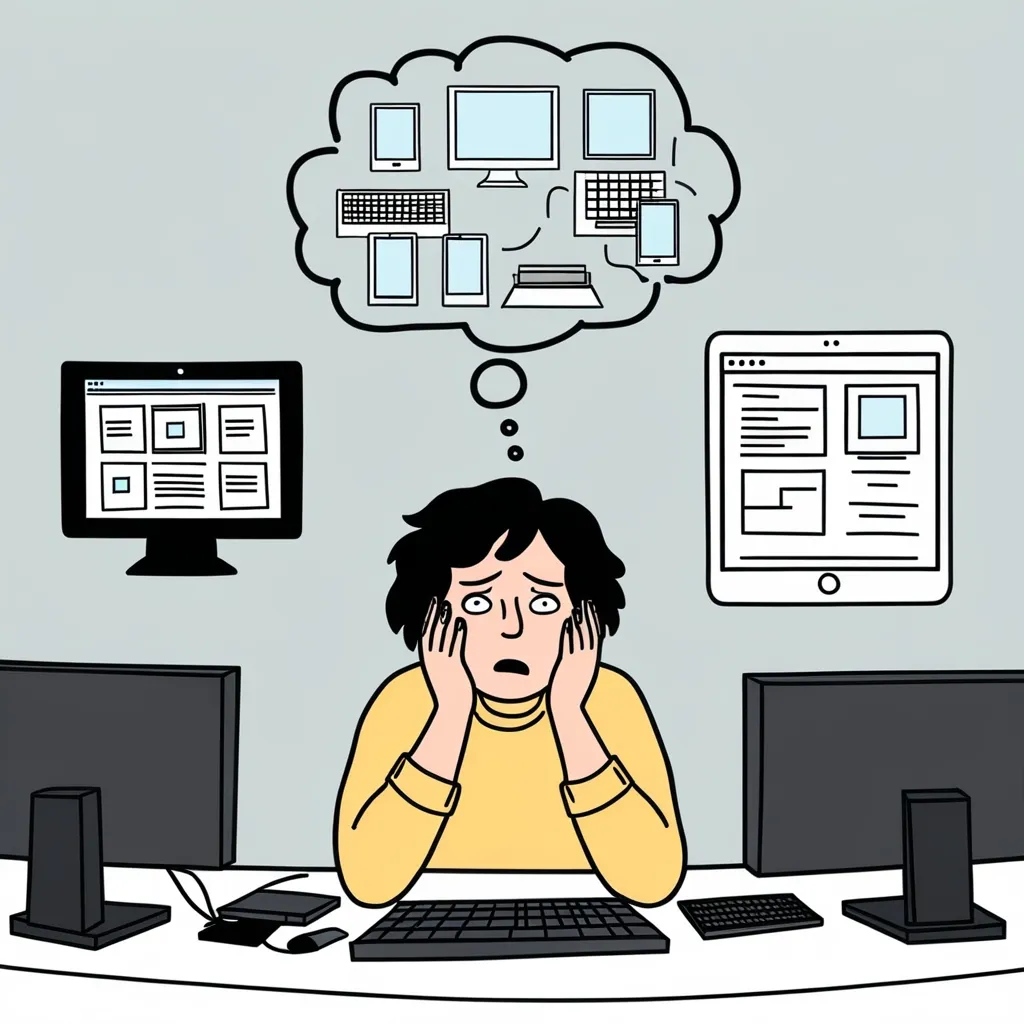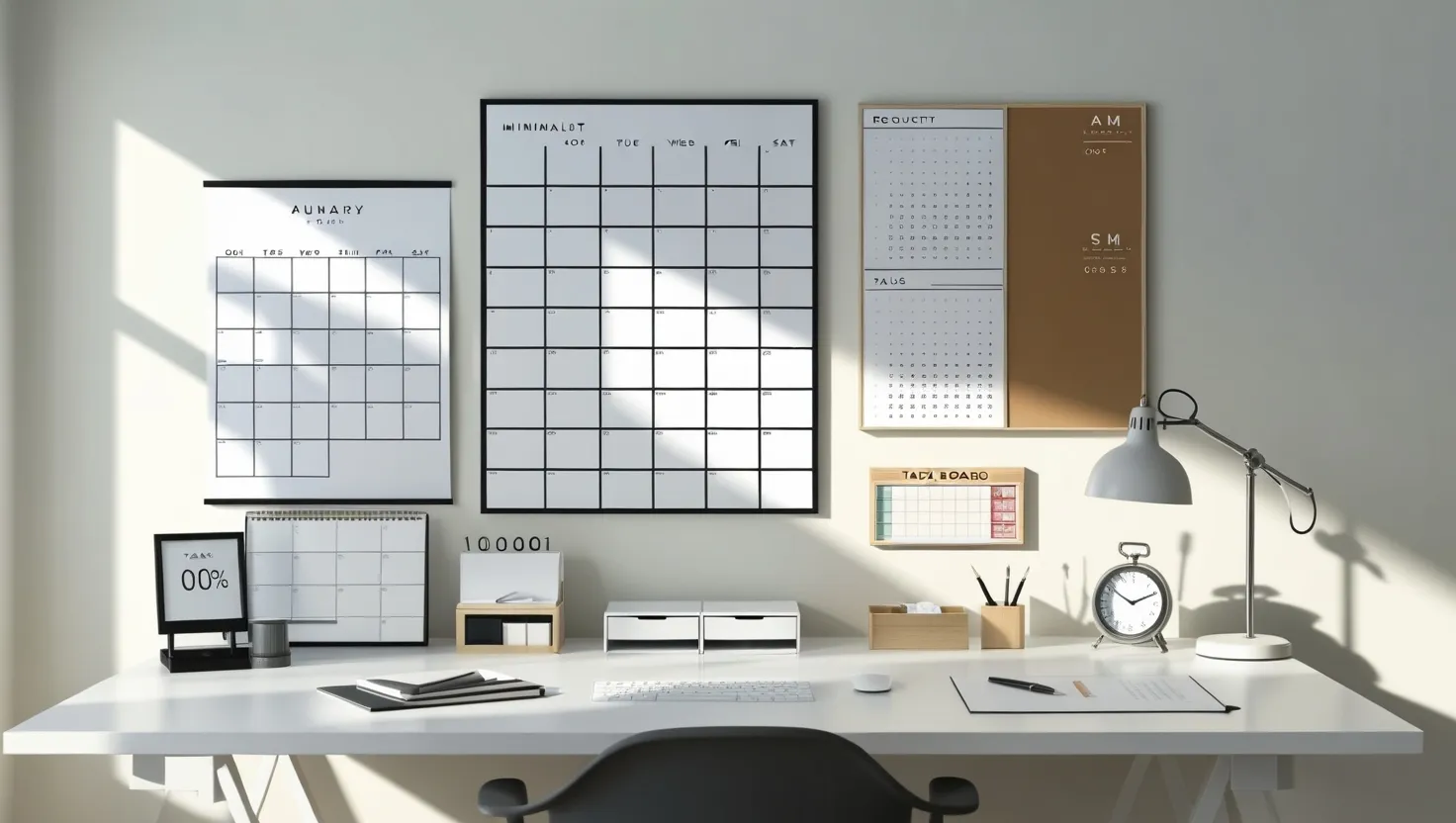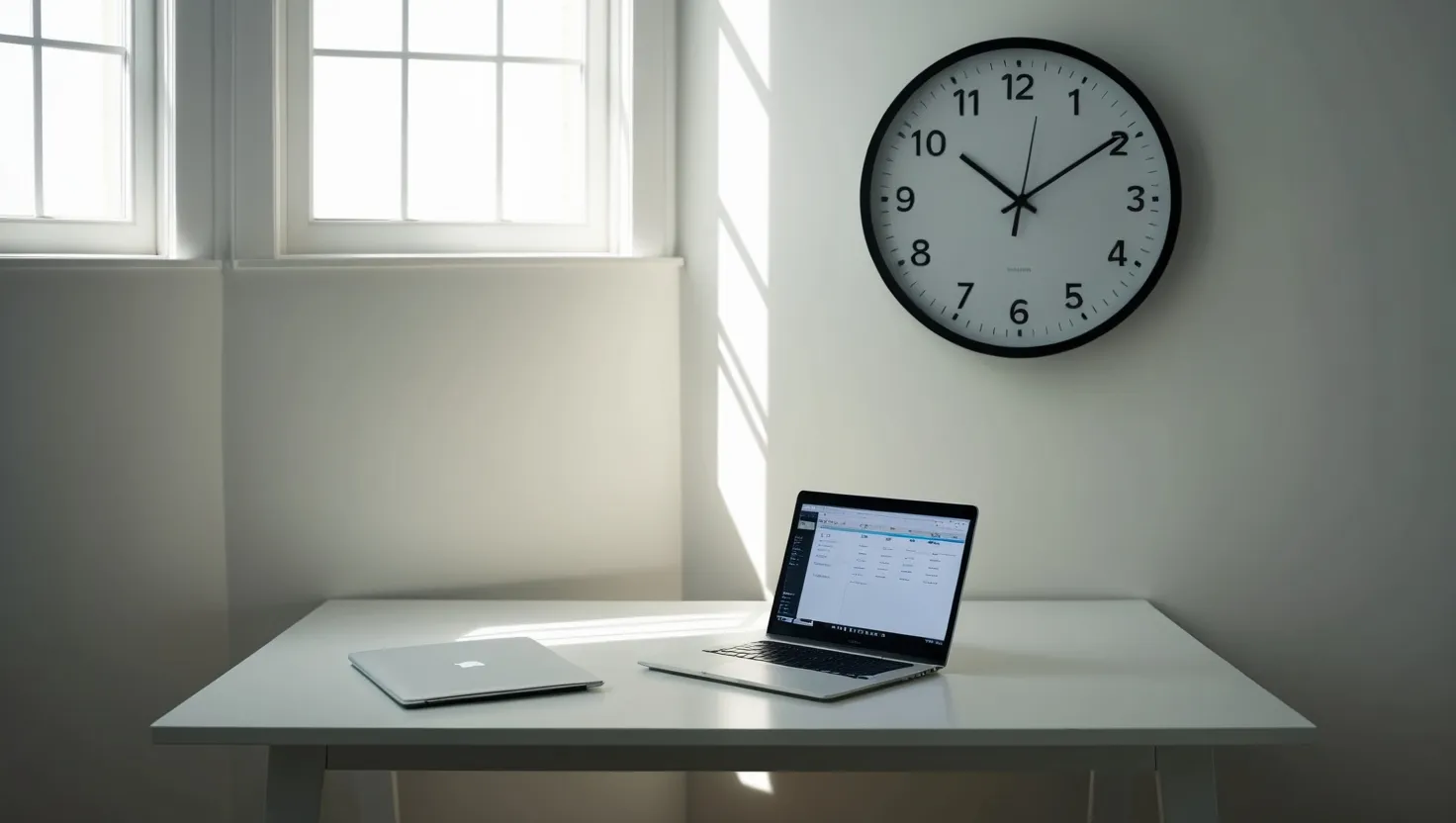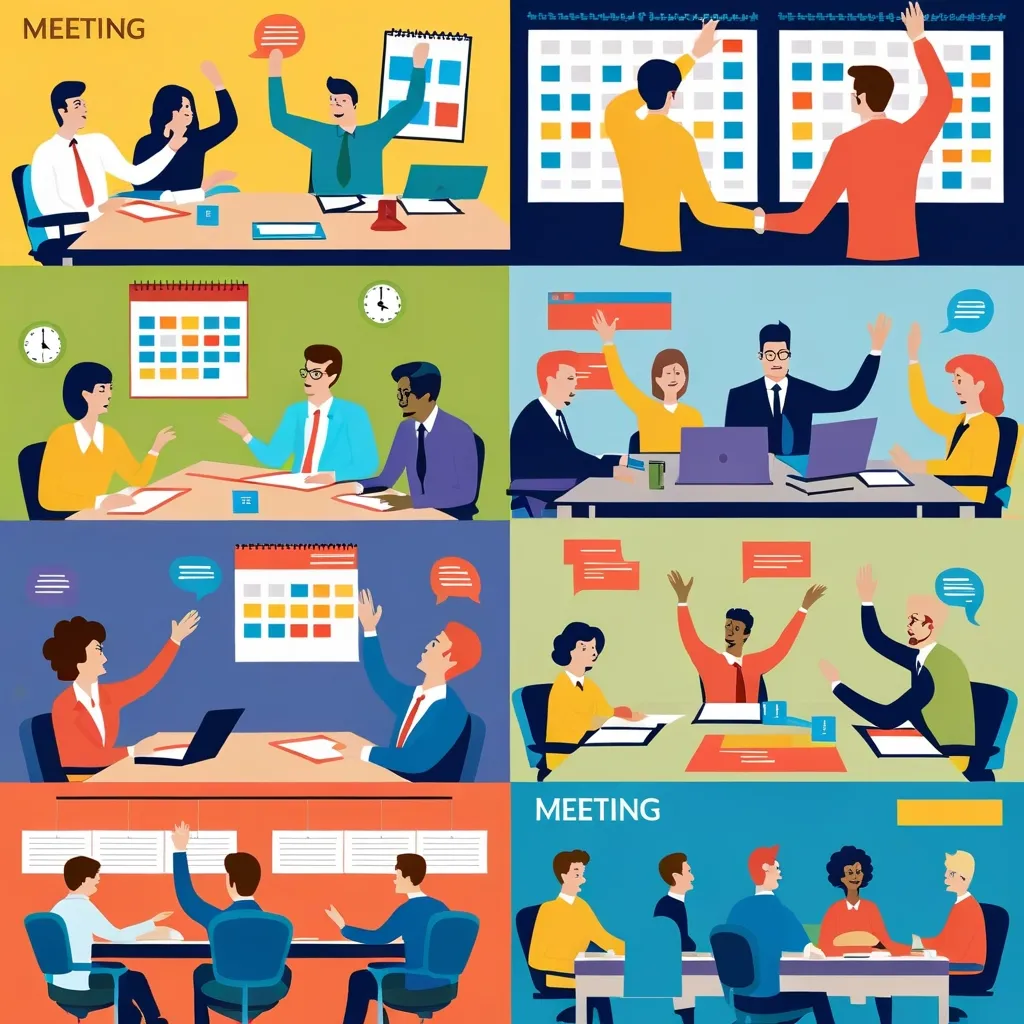Multitasking: The Productivity Myth That’s Hurting Your Career
We’ve all been there. You’re deep into a financial report, your phone buzzes with a new email, and you’ve got a Zoom meeting starting in five minutes. You think, “I can handle this. I’m a master multitasker!” But here’s the kicker - you’re not. None of us are.
Let’s get real about multitasking. It’s not the superpower we think it is. In fact, it’s more like kryptonite for our productivity. When we try to juggle multiple tasks, we’re not actually doing them simultaneously. We’re just switching between them really fast. And guess what? Our brains aren’t built for that kind of rapid-fire task-switching.
Think about it like this: every time you switch from your financial report to your email, then to your Zoom meeting, your brain has to hit the reset button. It’s like trying to drive a car while constantly changing gears. You might be moving, but you’re not getting anywhere fast.
This constant task-switching comes with a hefty price tag. We’re talking about a productivity loss of up to 40%. That’s not chump change. It’s like working a full day but only getting paid for half of it. Would you be okay with that on your paycheck? Didn’t think so.
But it’s not just about lost time. Multitasking messes with our heads in a big way. It’s like downgrading your brain from a high-performance computer to an old, clunky laptop. Studies show that when we multitask, our cognitive abilities take a nosedive. We go from thinking like Harvard grads to struggling like we’re back in elementary school. And the worst part? This isn’t just a temporary dip. If we keep this up, we could actually be lowering our IQ in the long run. Yikes.
Now, let’s talk stress. Multitasking isn’t just a productivity killer; it’s also a health hazard. Every time we switch tasks, our stress levels spike. Our blood pressure goes up, our heart rate increases, and we’re putting ourselves at risk for some serious health issues down the line. We’re talking about increased chances of heart disease, stroke, and even cognitive impairment. Is answering that email while on a call really worth risking your health?
And let’s not forget about the quality of our work. When we’re bouncing between tasks, we’re not giving anything our full attention. It’s like trying to have a deep conversation while scrolling through social media. You might think you’re getting the gist, but you’re missing all the important details.
Here’s a scenario we’ve all probably experienced: You’re on a call with a client, and you decide to quickly send an email at the same time. You hit send, only to realize you forgot the attachment. So you send another email with the attachment, and then a third apologizing for the mix-up. Congratulations, you’ve just wasted time, looked unprofessional, and probably missed half of what your client was saying on the call.
Multitasking doesn’t just affect our current work; it messes with our ability to learn and remember new information. If you’re trying to understand complex market trends while also keeping an eye on your Twitter feed, guess what? You’re probably not going to remember much of either. In a field like finance, where knowledge is power, this kind of memory impairment can be a career killer.
So, what’s the solution? How do we break free from the multitasking trap and actually get stuff done? It’s all about embracing the power of focus.
First things first, we need to start single-tasking. That means giving our full attention to one task at a time. It might feel weird at first, like you’re not doing enough. But trust me, you’ll get more done in less time, and the quality of your work will skyrocket.
Time-blocking is another game-changer. Instead of letting your day control you, take charge by scheduling specific blocks of time for different tasks. Maybe you dedicate 9-10 AM for checking and responding to emails, 10 AM-12 PM for that big financial report, and so on. By compartmentalizing your day, you reduce the need to switch tasks constantly.
Creating a distraction-free zone is crucial. This means turning off notifications, finding a quiet space to work, and decluttering your workspace. If you’re working on something really important, consider going on a “phone fast.” Put that mobile device in another room if you have to. Out of sight, out of mind.
Mindfulness isn’t just for yoga enthusiasts. Taking short breaks to practice mindfulness can help reset your brain and improve your focus. Even just a few minutes of deep breathing or meditation can work wonders for your concentration.
Prioritization is key. Not all tasks are created equal, so stop treating them like they are. Figure out what’s truly important and tackle those tasks when you’re at your most alert and focused. Save the less critical stuff for when your energy starts to dip.
Let’s put this into perspective with a real-world example. Imagine you’re a financial analyst working on a crucial quarterly report. You’ve got market data to analyze, charts to prepare, and a detailed report to write. If you try to do all of this while also attending meetings and responding to every email that pops up, you’re setting yourself up for disaster. You’ll likely end up with a subpar report, missed deadlines, and a stress headache that no amount of coffee can cure.
Now, picture a different scenario. You block out your morning for data analysis, with your phone on silent and your email closed. You spend your afternoon creating clear, informative charts without any distractions. And in the evening, you focus solely on writing the report, bringing together all the insights you’ve gathered. The result? A high-quality report, delivered on time, with less stress and more satisfaction.
Breaking the multitasking habit isn’t easy. We live in a world that seems to demand our attention in a million different directions at once. But remember, just because everyone else is doing it doesn’t mean it’s the right way. In fact, by learning to focus and avoid multitasking, you’re giving yourself a major competitive edge.
Think about it this way: while everyone else is running around like chickens with their heads cut off, trying to do ten things at once, you’ll be the calm, focused professional who consistently delivers top-notch work. Who do you think is more likely to catch the boss’s eye for that big promotion?
In the world of finance, where accuracy and insight are everything, the ability to focus deeply on complex problems is invaluable. By ditching the multitasking myth and embracing focused work, you’re not just improving your productivity - you’re investing in your long-term career success.
So the next time you feel the urge to check your email while on a call, or to squeeze in some social media browsing while working on a report, remember this: true productivity isn’t about doing more things. It’s about doing the right things, one at a time, with your full attention and effort.
Your brain, your health, and your career will thank you for it. Now, go forth and conquer - one task at a time.






